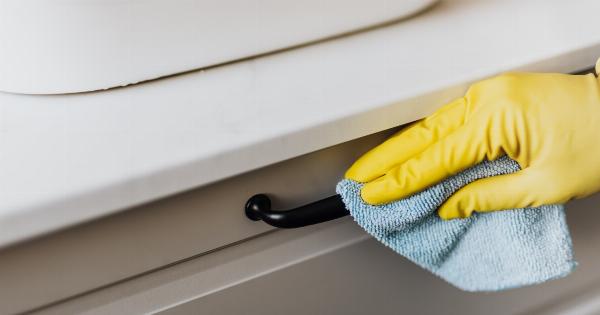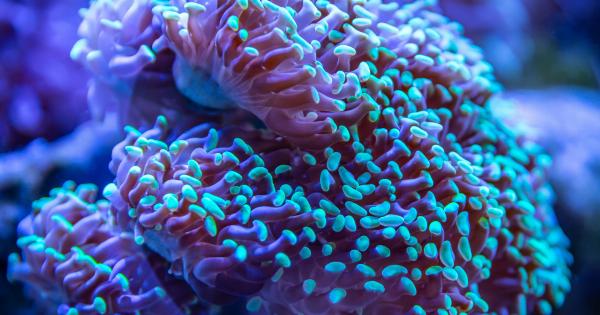Dealing with diarrhea can be quite uncomfortable and disruptive to your daily life.
Whether it’s caused by a stomach bug, food poisoning, or other factors, it’s important to take certain steps to help alleviate your symptoms and promote a speedy recovery. By following these guidelines, you can manage your condition and prevent any further complications.
1. Stay Hydrated
One of the most important things to do when you have diarrhea is to stay hydrated. Diarrhea causes fluid loss, leading to dehydration, which can worsen the symptoms and cause fatigue and dizziness.
Be sure to drink plenty of fluids, such as water, clear broths, and herbal teas.
2. Consume a BRAT Diet
When experiencing diarrhea, it’s essential to choose your foods carefully. The BRAT diet, which stands for bananas, rice, applesauce, and toast, is a bland and easily digestible diet that can help firm up stool.
These foods are gentle on the stomach and can provide essential nutrients.
3. Avoid Certain Foods and Beverages
While following a BRAT diet, it’s equally important to avoid certain foods and beverages that can aggravate diarrhea. Stay away from fatty and greasy foods, spicy dishes, caffeine, alcohol, and dairy products.
These items can worsen your symptoms and irritate your digestive system.
4. Take Over-the-Counter Medications
Over-the-counter medications can provide relief from diarrhea symptoms. Antidiarrheal medications, such as loperamide, work by slowing down bowel movements and can help to reduce the frequency and urgency of diarrhea episodes.
However, it’s crucial to consult your healthcare provider before taking any medications to ensure they are safe for you.
5. Rest and Relax
When dealing with diarrhea, it’s necessary to listen to your body and rest as much as possible. Diarrhea can leave you feeling weak and fatigued, so make sure to give yourself enough time to recover.
Avoid strenuous activities and get ample rest to allow your body to heal.
6. Practice Good Hygiene
Since infectious agents can cause diarrhea, it’s essential to practice good hygiene to prevent the spread of pathogens. Wash your hands thoroughly with soap and water after using the bathroom and before handling food.
Clean and disinfect surfaces and objects that may come into contact with harmful bacteria or viruses.
7. Use Probiotics
Probiotics are beneficial bacteria that can help restore the balance of your gut flora. They can be particularly helpful after a bout of diarrhea.
Probiotic supplements or foods, such as yogurt and fermented products, contain these beneficial bacteria and can aid in restoring digestive health. Consult your healthcare provider to determine the best probiotic option for you.
8. Stay Away from Anti-diarrheal Medications for Some Cases
While antidiarrheal medications can be helpful in certain cases, it’s important to note that they may not be suitable for everyone.
If your diarrhea is accompanied by fever, bloody stools, severe abdominal pain, or lasts more than a few days, it’s crucial to seek medical attention rather than attempting to self-treat with medications. These symptoms may indicate an underlying condition that requires medical intervention.
9. Slowly Reintroduce Solid Foods
Once your diarrhea starts to improve, you can gradually reintroduce solid foods into your diet. Start with bland and easily digestible foods, such as crackers, boiled potatoes, or steamed vegetables.
Avoid spicy, greasy, or high-fiber foods initially, as they may worsen your symptoms.
10. Contact a Healthcare Provider if Symptoms Persist
If your diarrhea symptoms persist despite home remedies and over-the-counter medications, it’s essential to contact a healthcare provider.
Chronic diarrhea can indicate an underlying health condition that requires further investigation and treatment.































